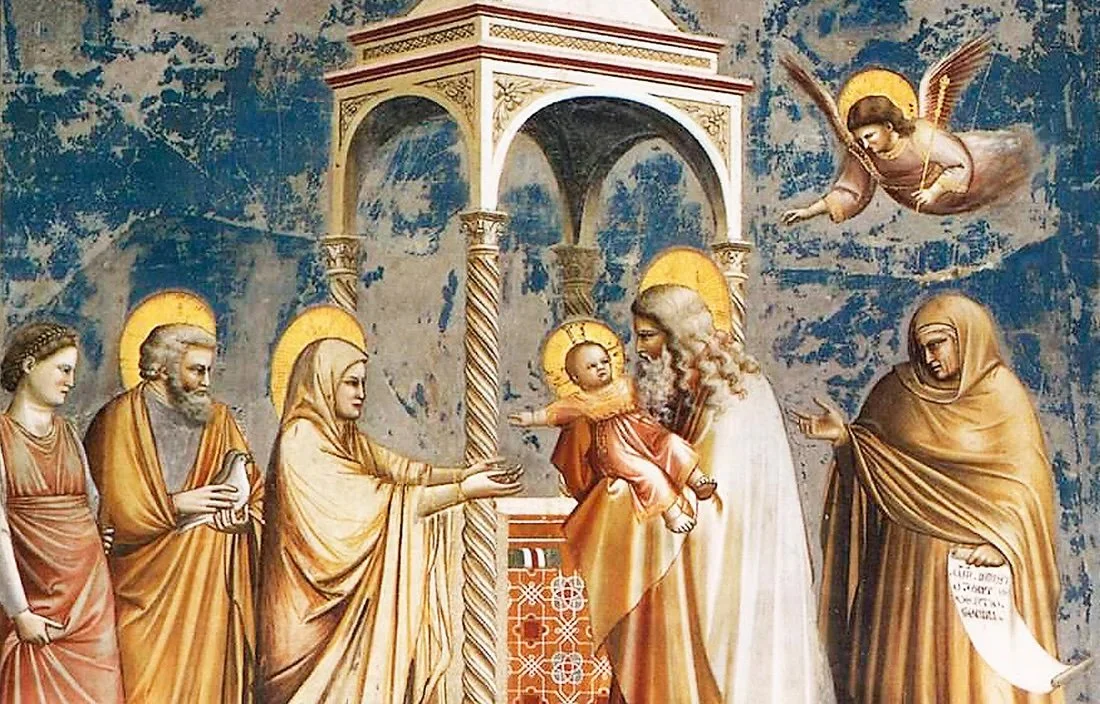From the Rector: Betrayal and Fidelity
/Holy Tuesday 2022
John 13:21-33, 36-38
Last night we heard the Gospel from John of Mary anointing the feet of Jesus with fragrant nard. We were in Bethany at the house of Mary, Martha, and Lazarus. Yesterday I spoke about intimacy and isolation - how we begin Holy Week with the intimate act of Mary worshiping Jesus, but by week’s end, intimacy will be replaced by complete isolation. We will witness Jesus’ total dereliction as he dies on the cross. Now the drama has moved to Jerusalem from Bethany, and the story moves beyond the comfort of Mary, Martha, and Lazarus’ home. If last night we focused on intimacy turning into isolation, tonight we see firsthand the subjects of betrayal and faithfulness.
Judas and Peter both betray Jesus, but their betrayal ends in different ways. Judas becomes so wrecked by his human choices that he commits suicide. Peter too famously betrays Jesus, but in the post-Easter dramas he makes his confession, and he receives forgiveness, promising to tend the flock of Jesus Christ.
We are all like Peter and Judas to some extent. Like Judas we follow Christ when it is easy or convenient, but we also betray Christ when the world promises us vainglories and kingdoms. Like Peter we declare one minute our unflinching devotion to our Lord, but then the cock crows, and we see plainly that our declarations of faithfulness are often bluster or showmanship. In many ways, the story of Holy Week is a study of the human behaviors of betrayal and fidelity.
Thankfully we discover at the cross that we have a God who knows we desire to be faithful, but that we often come up short. That is the whole point of the cross. Jesus takes all the human sin of the world unto himself in the hope that humanity should never face violence, hatred, or torture. God seeks to take on everything that we should never be made to take on. This is the hope of God, and yet human reality often brings something different.
Today we are reeling from so much violence that rages in our world. We mourn with the people of Brooklyn. Why can’t we get a handle on gun violence in our country? And this church is located within the zip code 96815. Today’s Honolulu Star Advertiser presented us with the facts of the violence happening within this very zip code. We have parishioners that live on the same street where the front page acts of violence occurred. Who needs to go to Brooklyn New York to witness violence when so much needless violence happens in Waikiki, Kapahulu, and Honolulu? We have become the mainland we have feared becoming.
And we are bracing ourselves for the violence of Russia’s planned attacks on Ukraine. We are told that with changing leadership within the Russian military that things shall only get bloodier and more violent. One must ask the question, why does the world think that Putin is going to somehow change and act ethically? Why are we so naive day after day?
In Judas and Peter we see the betrayal of Christ as done by individuals, and we have our own examples of betrayal too. In the world, in our neighborhoods and on the global stage, we see yet a grander example of betrayal when it comes to following our Lord’s will and hopes.
Today, amid all the final bits of minutiae of Holy Week, I looked ahead at the weeks of Easter and the readings for the Sunday masses. On the Third Sunday of Easter we hear from chapter 21 of the Gospel of John. In that chapter Jesus and Peter come together after the resurrection, and Jesus asks Peter three times, “do you love me?” It is a heart-wrenching passage, for Peter’s betrayal of Holy Week, and the subsequent wounds of Jesus, are still fresh. After Peter’s denial three times before Good Friday, Peter now must confess his love for Jesus three times after the resurrection. The rising of Jesus purges Peter of his sin of betrayal, planting within him a renewed faithfulness to Jesus as the Risen Christ.
Betrayal and faithfulness - this is the never-ending saga of our lives and our world. We betray and we affirm Jesus as Lord - sometimes within minutes of each other. We gather for another Holy Week, because it is only the cross and the empty tomb that offers any hope of breaking this endless cycle of betrayal. It is only the cross and the subsequent rising of our Lord that can heal this never-ending human conundrum. On the cross Jesus took all violence unto himself so that it would not be repeated on the world. The cross can do the same for our betrayal. Only at the cross can betrayal be transformed into fidelity, and only on the cross can violence be transformed into peace. These are the miracles of Easter, and for the people of faith, we believe that these miracles are still unfolding. We eagerly await that time when everyone and everything shall be so perfectly redeemed that betrayal is vanquished and faithfulness reigns supreme. +
Father Paul Lillie







